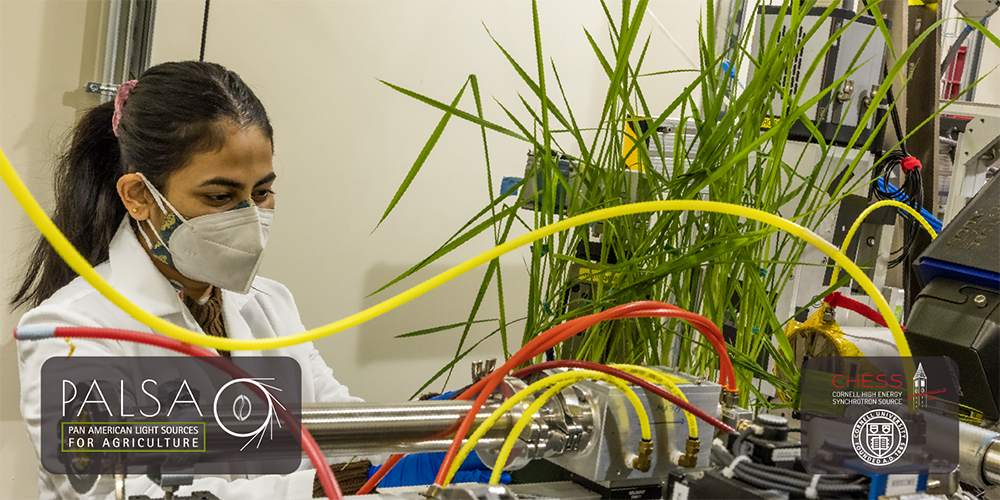Conveners
Focus on Food: Security, Toxicity, Sustainability
- Rob Lamb (University of Melbourne)
- Louisa Smieska (CHESS)
Climate change and lack of sustainable lifestyles are some of the most critical challenges of our civilization today. It is imperative to change our manufacturing systems and lifestyles to be in-tune with the carrying capacity of our planet. One of the largest contributors to greenhouse gas emissions, excessive water consumption and pollution is agriculture. By changing how we eat, we can...
The Periodic Table of Food Initiative (PTFI) is a global initiative to create an open, publicly accessible database, not only to catalog the world’s edible biodiversity but to understand the association between food composition, human health, and planetary health. Yet food composition data are rarely interoperable, making it difficult to aggregate, analyze, and draw conclusions from data drawn...
The Structural Molecular Biology resource at SSRL develops, operates, and supports three dedicated XRF imaging beamlines that cover a range of spatial scales (µm to cm) and elements of biological importance. These beamlines can perform µ-XAS to characterize the oxidation state, or chemical species, at a single point within a sample. Chemical imaging using synchrotron XRF imaging lends itself...
The deficiency of calcium can have a detrimental effect on the quality and shelf life of fruits. In addition to appropriate soil fertilization, foliar sprays containing Ca2+ sources present an alternative solution to prevent and address this issue. X-ray fluorescence microanalysis was utilized to observe the foliar absorption of CaCl2, Ca-citrate complex, and Ca3(PO4)2 nanoparticles, with and...

